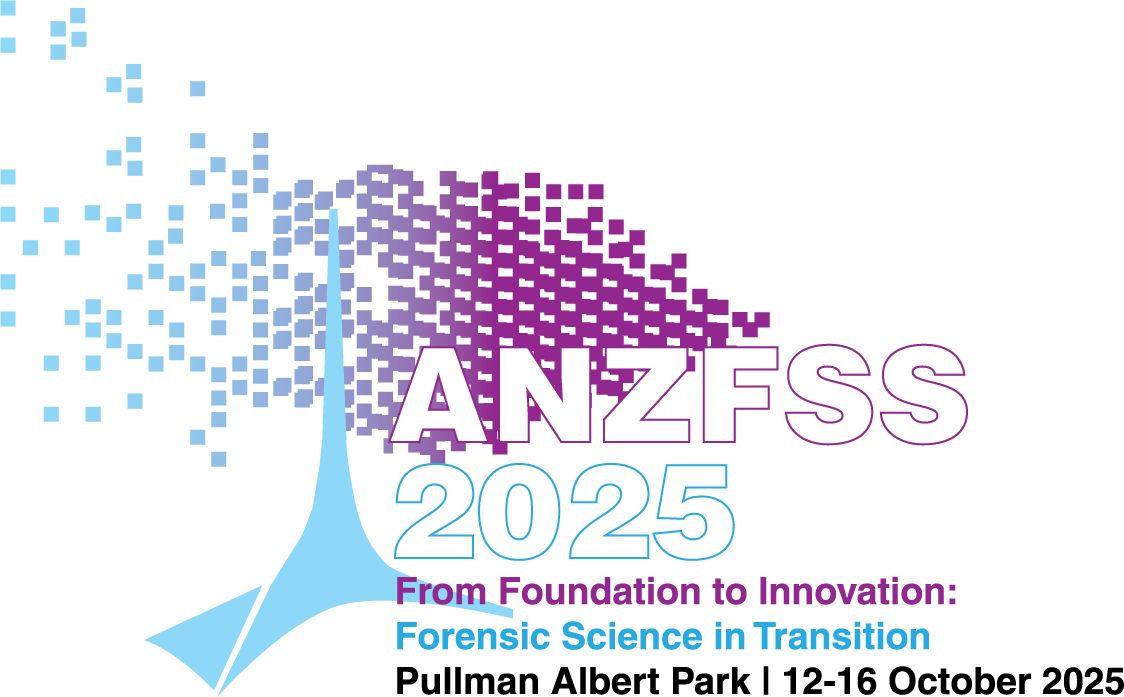New horizons in trust, transparency, and communication in forensic science
Time: 9am - 5pm
Cost: $200
Forensic science is nearly unrecognisable from itself just 20 years ago. But with a growing research base, new technologies, and emerging frameworks for quality management, there are new challenges in navigating and communicating that complexity in a trustworthy way. These challenges come in the face of longstanding barriers to rebuilding credibility, such as reports of wrongful convictions and inquiries into the scientific reliability of forensic information. Addressing these challenges head on, we bring together an international group of researchers from a wide range of fields with distinctive experiences in: strategic management, scientific communication, the history and philosophy of science, psychology, validation of methodologies, Cochrane systematic reviews, and forensic science quality management.
We will use short presentations and interactive sessions to share advances across fields, innovate new approaches and methodologies, and build new collaborations.
The workshop will delve into themes, including:
- Promoting Credibility: Strategies for enhancing public and professional trust in forensic science through increased transparency and accountability.
- Improving Communication: Developing best practices for communicating complex scientific information to legal audiences, including judges, juries, and attorneys.
- Addressing Bias and Error: Examining potential sources of bias and error in forensic science and developing strategies for their mitigation.
Presenters
- Dr Jason Chin College of Law, Australian National University
- Anna Heavey School of Molecular and Life Sciences, Curtin University
- Dr Max Houck Global Forensic and Justice Center, Florida International University
- Dr Linzi Wilson-Wilde OAM Adjunct Professor, Griffith University
- Dr Stephanie Summersby Research, Development & Innovation Group, Victoria Police Forensic Services Department
- Professor Kristy Martire School of Psychology, University of New South Wales
- Professor Fiona Fidler School of Historical and Philosophical Studies, University of Melbourne
- Dr Daniel Hamilton Methods in Evidence Synthesis Unit, School of Public Health and Preventative Medicine, Monash University
- Associate Professor Merryn McKinnon Centre for the Public Awareness of Science, Australian National University
